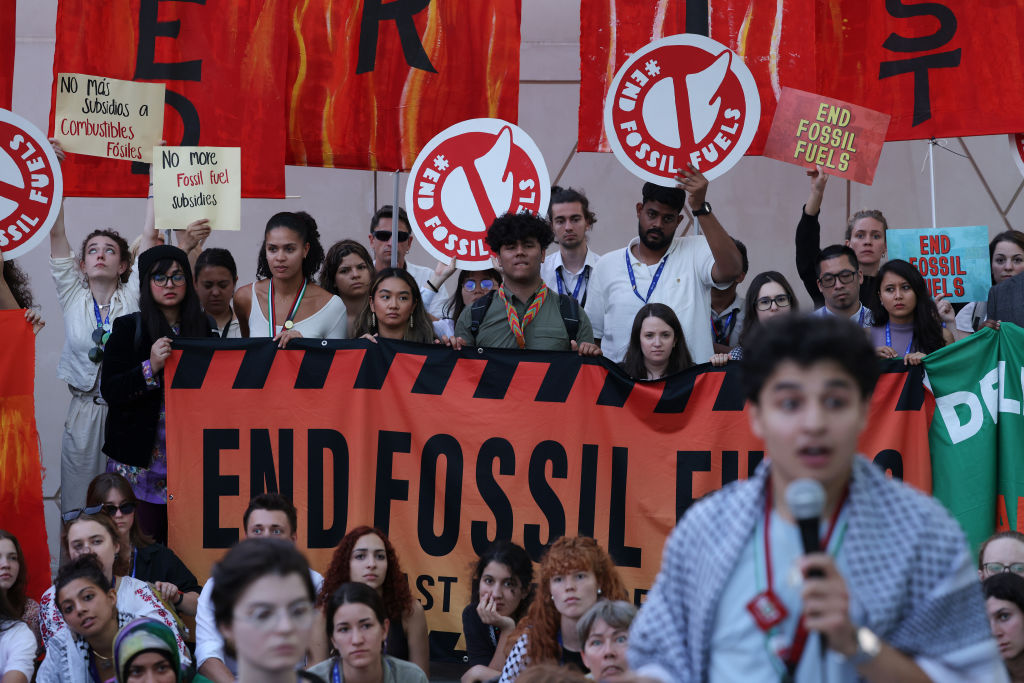Brussels will regulate the emissions of brake pads on private European cars as part of new environmental restrictions on road vehicles.
The so-called “Euro 7” regulation aims to control the legal emissions of cars, vans, trucks and buses, with additional focus being placed on the release of “problematic particles” from sources other than the engine.
“With Euro 7 we aim to reduce road-vehicle emissions, not only from exhaust, but also from brakes or tyres,” Spain’s industry minister Jordi Hereu, explained on behalf of the European Council on December 18.
As part of the new regulations, combustion-engine cars will be banned from having their breaks and tyres emit more than 7mg of “PM10” particle emissions per kilometre driven. PM10 categorises particles of 10 micrometres – about the size of a bacterial cell – or smaller.
Electric cars will be forced to obey stricter rules, only being allowed to emit 3mg of PM10 per kilometre, while vans will be required to keep within 5mg/km and 11mg/km for electric and combustion engine variants, respectively.
Battery durability will also be controlled under the new Euro 7 regulation. Power units included in electric and hybrid cars will be required to perform at 80 per cent capacity or greater after five years or 100,000 kilometres, and at 72 per cent or greater after eight years or 160,000km.
The EU did not consider the increase in toxic PFAS chemicals when it decided to ban single-use plastic straws, the bloc’s environment commissioner, Virginijus Sinkevičius, has admitted. https://t.co/onfEX7c9Nn
— Brussels Signal (@brusselssignal) November 13, 2023
Commenting on the agreement, the European Conservatives and Reformists group’s Alexandr Vondra insisted the new rules take in consideration the welfare of European Union vehicle manufacturers.
“Through this deal, we have successfully struck a balance between environmental goals and the vital interests of manufacturers,” the Czech MEP said.
He added that the aim of the regulation was to “enable the automotive industry to prepare for the expected overall transformation of the sector” over the coming years.
That appears to those involved to have been achieved, with the European Automobile Manufacturers Association (ACEA) cautiously welcoming the newly agreed rules on December 18.
“Although we will only understand the full details once we can assess the entire document, we note that the inter-institutional negotiators have principally opted to prioritise future-oriented challenges, such as light-duty vehicle brake emissions and electric vehicle battery requirements,” the group’s Directory General Sigrid de Vries said in a statement seen by Brussels Signal.
“We should not underestimate the huge progress made by European vehicle manufacturers in reducing pollutant emissions from road transport,” she added.
“The greatest improvements in air quality will be achieved by replacing older vehicles on EU roads and rapid electrification.”
MEPs are insisting that the COP28 climate agreement is effectively a worldwide commitment to “phase-out” fossil fuels in all but name. https://t.co/6KkqJ2xjyS
— Brussels Signal (@brusselssignal) December 14, 2023





